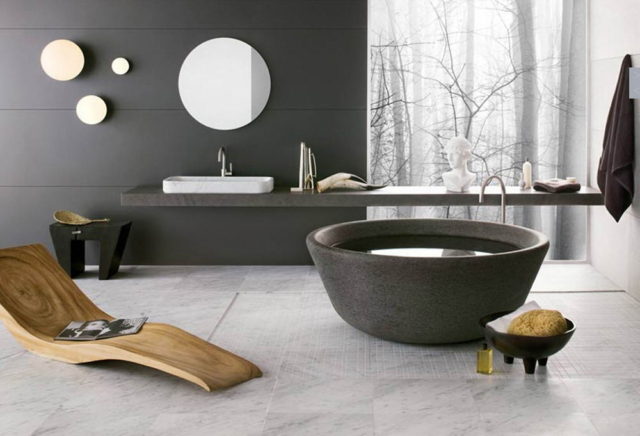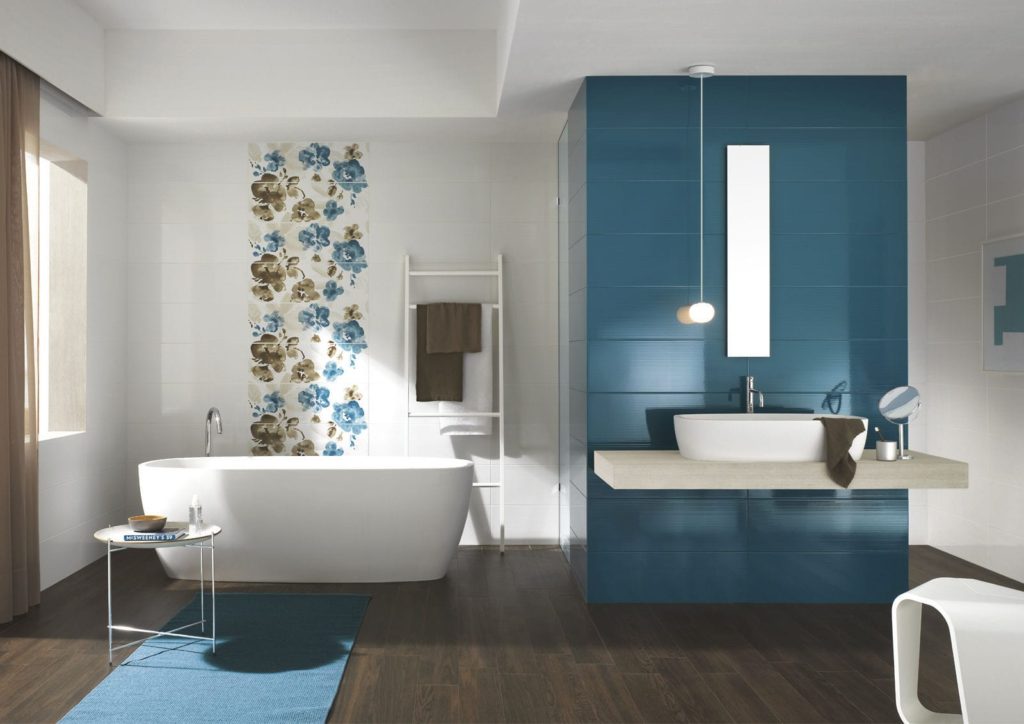
Water Use
Conserving water is not a trend but a necessity and the responsible thing to do. Besides being environmentally-friendly, saving water is also friendly to your wallet, since reducing household water usage means smaller water, sewage, and electricity bills. Turning off the water while brushing your teeth and filling the dishwasher and washing machine effectively is a must, but there are also many smart solutions that can make your plumbing system and whole household efficient and eco-friendly.
Tap aerators
A high-efficient aerator is a must-have addition to every 21st-century bathroom or kitchen sink. It’s a great way to conserve water, since it delivers a mixture of water and air, but the feeling is the same. You can purchase a tap with a built-in aerator or simply screw one onto your regular tap’s head and have your flow rate reduced. The flow rate should be 2.75 gallons per minute or less, in order to save on your water bills for up to 50%. Aerators also prevent splashing, so that’s another advantage.
Tankless hot water heaters
Waiting for the hot water to come when you want to take a shower is a major waste of water. A good way to conserve this cold water is to put a bucket under your tap until the hot water comes, but a much better solution, in the long run, is to replace your old water heater with a tankless one. It provides an endless flow of hot water, meaning that there’s no waste and it can last for up to 20 years, so that’s another way to save time and money.
Eco-friendly shower heads
It’s a common belief that showers are eco-friendlier than baths, but that isn’t necessarily true. An average shower with a standard shower head can use from 18 up to 30 liters of water per minute, but you can lower it to 7 liters per minute with eco-friendly shower heads. They deliver a normal shower experience with far less water and you don’t need to worry about low pressure. New models of eco-friendly shower heads are specifically designed to make the most out of any kind of pressure, by combining air and smaller apertures. That means you’ll be able to enjoy your shower as always with the benefit of conserving water at the same time.
Retrofitting old plumbing
Old plumbing fixtures are not really designed to be environmentally-friendly. For instance, old toilets can take up from 13 to 26 liters per flush, while modern ones reduce that number to 6 liters per flush. The calculation is clear – renewing your ineffective toilets and taps can save literally tons of water and money, so don’t hesitate to call a genuine pro, as this plumber from Sydney’s Inner West, to take a look at your general plumbing system and suggest possible upgrades.
Dual flush toilets
Toilets that have two different handles for flushing two different levels of water can bring a significant change to your household. Although they might cost a bit more than the single flush model, dual flush toilets pay off pretty fast – up to five times during a year. The best thing about they is that a high volume flush might rarely be needed – just test the low volume flush and you’ll see for yourself.
Flow control valves
Once again, getting control over your water flow is essential and these valves can help you with that. These hydraulic valves can automatically adjust to variations in pressure and temperature, so you can be in full control of your water flow rate. It can reduce your water usage by up to 25% without a change in your showering experience.
And remember – although water is considered to be a renewable resource, because it can be used over and over again, it is not an endless resource. That’s why you need to start taking action and there’s no better place to start than your own household. Try some of these water-saving solutions and save our planet while saving your wallet as well.

